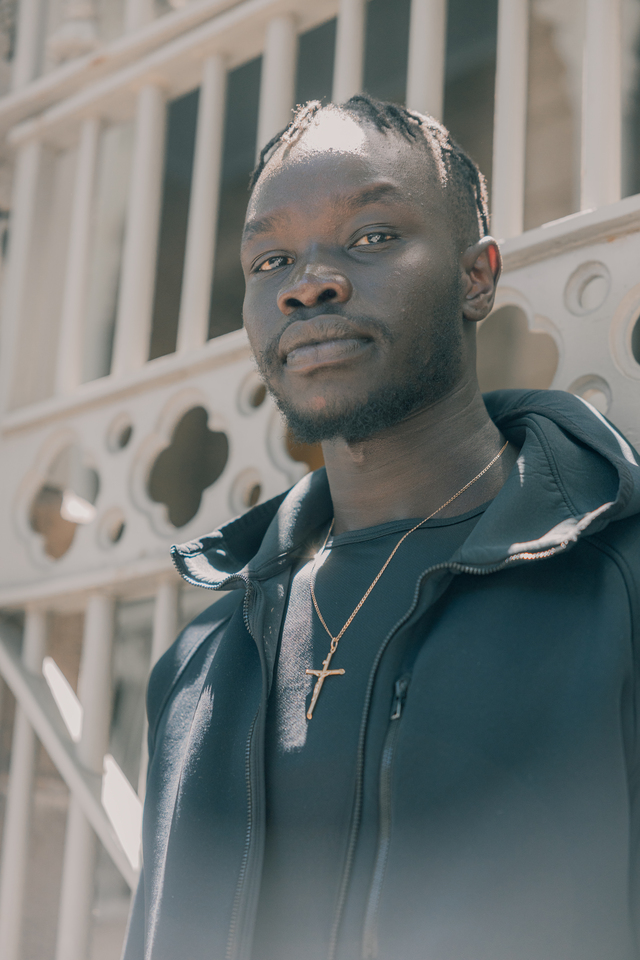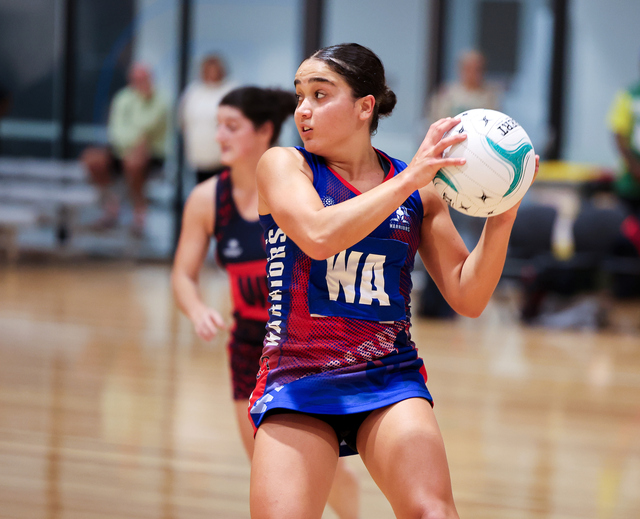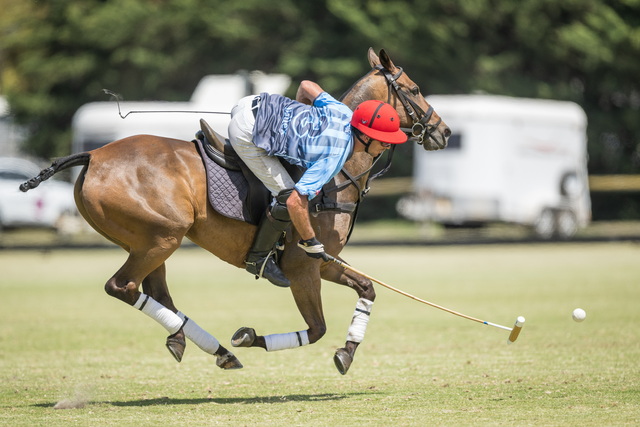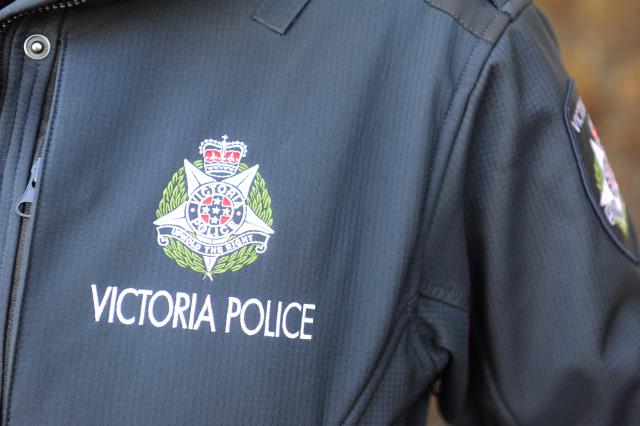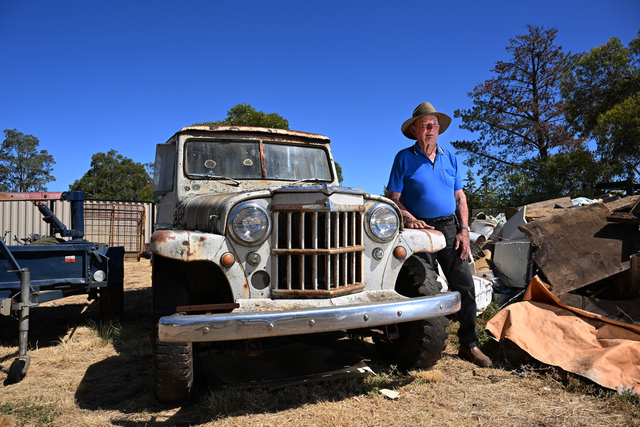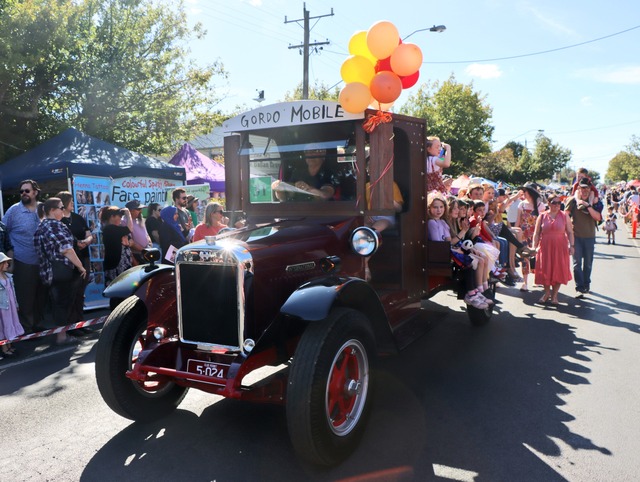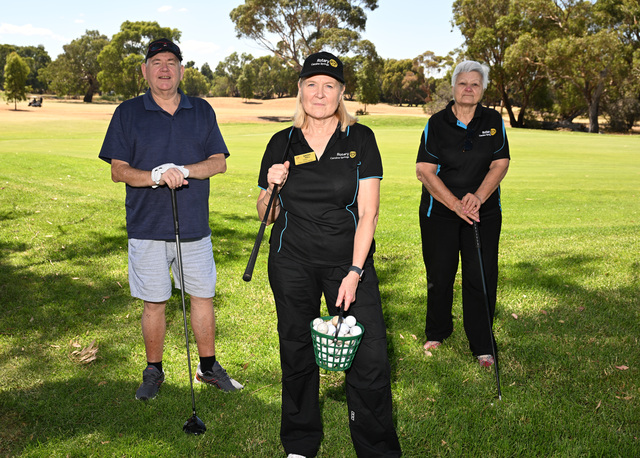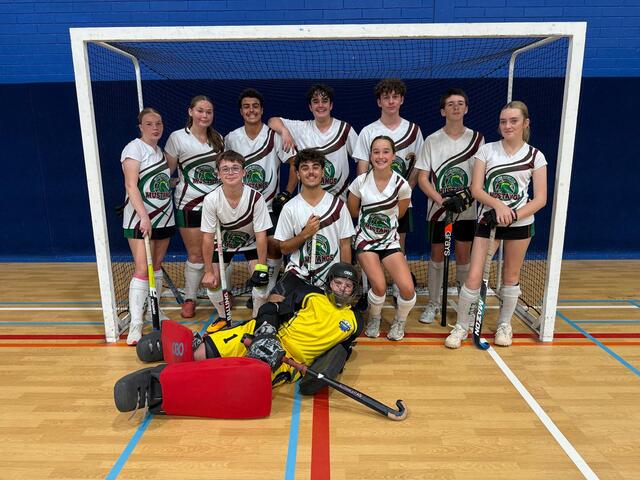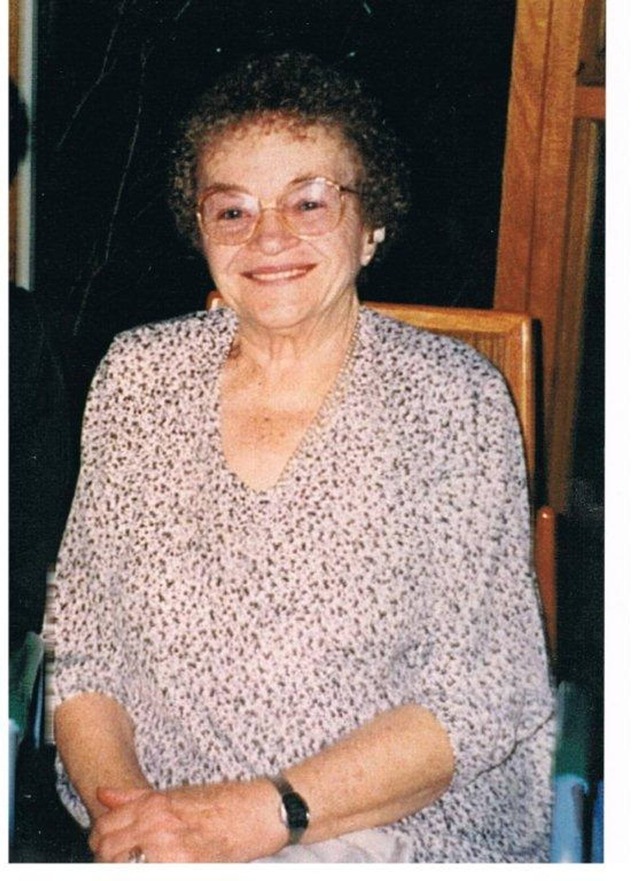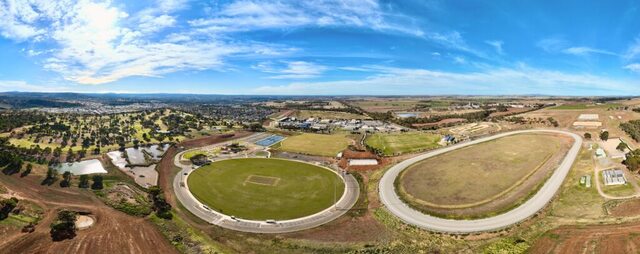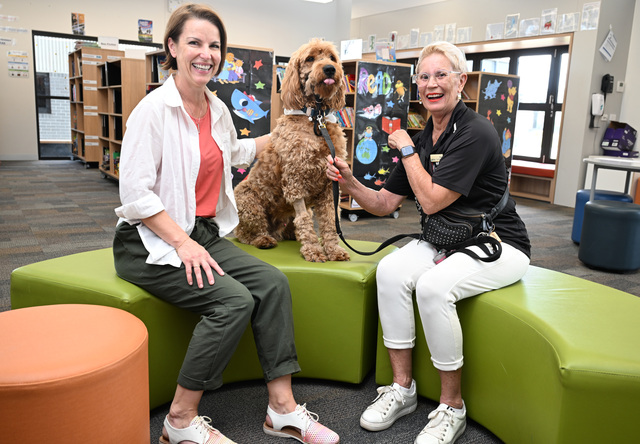Once trapped in a life of crime and addiction, Melton’s Sabir Banek is now on a mission to help young people break the cycle.
When the 23-year-old reflects on his criminal life and imprisonment, he describes it as the worst version of himself, particularly from ages 15 to 19.
“My first initial crime was stealing literally chocolates from the store. It was just not having a source of money and being around a crowd that was doing those types of things. It’s like me and a group of friends come back from basketball and go to the stores to steal food because everyone is hungry. So I wouldn’t call it peer pressure, but just trying to survive,” he said.
“Then I was involved in carjacking, theft, robberies, reckless driving and assaults with weapons. The drugs I have dabbled in are Xanax, Mylans (a mixture of heroin and Xanax), ice, marijuana, cocaine, ketamine, MDMA and alcohol.”
With his uique perspective, Sabir believes there are a number of factors contributing to youth crime and drug addiction.
“I’d say no purpose, goals and ambitions, and not knowing who they are or who they want to be. Some of it would be boredom, just having no hobbies and nothing to do. Also peer pressure, just having a group of friends that are doing something bad and being tempted or pressured by them to join in. Literally just growing up in a bad environment where committing crime is normal,” he said.
Sabir first transformed his life through faith, which was a bittersweet journey of loss and gain.
“I discovered my own faith through a really rough time in my life and after trying to figure out what life really meant. So being in that low spot of having no other option but to try my faith (believing in Jesus Christ) is how I came to find out what the truth was.
“I lost myself in the process of trying to find myself. What I mean by that is, I had to let go of who I thought I was. I had to let go of everything that was me, my identity, in order to truly find myself and to gain salvation, to gain God, to gain life. I had to let go of friends, which I thought were friends. I had to lose them for that period of time in order to find myself. But I’ve never lost them, they’re still here with me and contact me.”
This year he shared his testimony on social media, reaching 26,600 TikTok views, sparking a global conversation on resilience and crime prevention, and leading to podcast appearances in Australia and the US.
“Four years no drugs in my system,“ he said.
“The message that I share to people is that there is hope, redemption and you’re never too far gone, no matter how far you think you are.
“There is more to life than crime, there is more to life than killing one another and there’s more to life than what meets the eye. There is a purpose, a destiny and a plan for your life. It doesn’t matter what circumstance you are in, things will change if you decide to make that change happen.”
“When I posted it, I was thinking of nothing more than sharing what God has done in my life. I know there was someone out there who has been through what I’ve been through and who struggles with this type of drug addiction. I was truly touched that it reached people and that they found it helpful. I’m just happy that somebody has heard the testimony, whether it’s one person or 10,000 people, as long as one person receives it, I’m happy.”
Since childhood, Sabir has loved art and painting, however he discovered another creative outlet to inspire the younger generation.
“For me, music was my transition from art and painting. I still do art and painting, it’s just that music is powerful and another source for me to reach people on a broader level. I do not know one person who doesn’t listen to music so it’s a way to transmit my message easily. Growing up, my brother Nelson was always playing Tupac, Biggie, Bob Marley and everything, so I always loved music.”
While faith and music helped him turn his life around, Sabir understands that others may need to find their own way that works.
“I would encourage young people to seek the truth. Seek the purpose for your existence. Why are you here? Who made you? Where did you come from? Are you here to reproduce and die or are you here for a greater purpose? Seek purpose.”
After a journey of redemption, Sabir is now finding acceptance back into society particularly among his African community.
“The majority is accepting of who I am now and what God has done in my life. I would say 99 percent of them do see the change because if I was still doing drugs and committing crime, I wouldn’t go online and share.”
Meanwhile he faces the challenge of overcoming the stigma and stereotypes perpetuated by media representation and societal views on youth crime, particularly when it comes to minorities.
“I believe what they post on there is very powerful, it leads people to view us in ways that are not pleasant. It definitely adds something to us, even us going out on the streets, people still view us a certain type of way.”
Recently Sabir was featured in Reclaimed Voices, a documentary that depicts his lived experience of the youth justice system, as well as finding employment and redefining his future.
The film was produced by African Youth Initiative (AYI) and premiered at Reading Cinemas.
Reclaimed Voices challenged the negative and one-dimensional media portrayal of the Sudanese community. Additionally, it became a movement to reclaim narratives and highlight the strength and potential within communities.
Minister for Youth Justice Enver Erdogan said the government was supporting young Africans in their rehabilitation and reintegration process.
“South Sudanese Victorians are a vital part of our community and we want them to feel happy, healthy and safe. That’s why our work across government aims to support young people with culturally safe programs to help them thrive,” he said.
“We know that young people are less likely to have contact with the criminal justice system if they have access to support systems like mental health services, social programs and education. We continue to invest in local initiatives led by South Sudanese organisations and established the South Sudanese Australian Youth Justice Expert Working Group in 2022 to oversee this work.“
When contacted for comment, Victoria Police said someone’s background, culture or beliefs does not equate to criminality.
“When police engage with offenders, two of the main objectives are to stop further offending and provide support pathways that encourage rehabilitation,“ Victoria Police spokesperson said.

